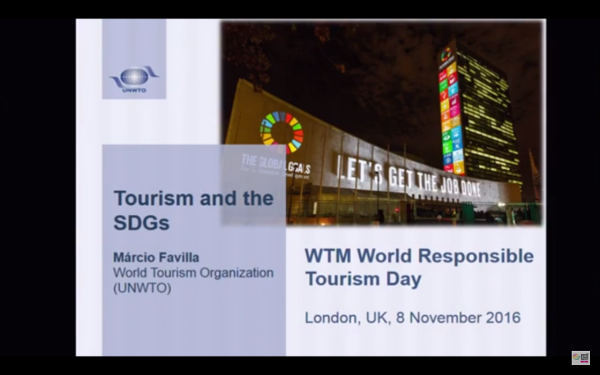Sustainable tourism, with its multi-dimensional nature, contributes significantly to several Sustainable Development Goals (SDGs). It is particularly relevant to SDG 8 (Decent Work and Economic Growth), SDG 12 (Responsible Consumption and Production), SDG 14 (Life Below Water), and SDG 15 (Life on Land). This form of tourism, which prioritizes environmental integrity, social justice, and local economic development, can provide a viable path to achieving these goals.
Under SDG 8, sustainable tourism is an economic driver, generating jobs, promoting local culture, and improving local livelihoods. Tourism is one of the world's largest economic sectors, and if managed sustainably, it can provide stable income and decent work opportunities, particularly for women, youth, and disadvantaged groups. Furthermore, by valuing and preserving local culture and traditions, sustainable tourism promotes cultural diversity and intercultural understanding.
In line with SDG 12, sustainable tourism promotes responsible consumption and production. By adopting sustainable practices, like reducing waste, conserving water, and sourcing local and sustainable products, the tourism sector can significantly lower its environmental impact. Sustainable tourists, meanwhile, contribute to responsible consumption by making mindful travel choices, respecting local communities, and limiting their environmental footprint.
Sustainable tourism also plays a crucial role in preserving biodiversity, contributing to SDGs 14 and 15. By promoting nature-based tourism and implementing responsible management practices, it can contribute to the conservation of marine and terrestrial ecosystems, the protection of endangered species, and the reduction of habitat loss.
However, the transition to sustainable tourism is not without its challenges. These include the need for regulatory frameworks that promote sustainable practices, overcoming reliance on long-haul travel, managing tourist numbers to avoid overcrowding, and ensuring that tourism revenues are distributed equitably. Policies and awareness campaigns should be developed to address these challenges and promote responsible behavior among all tourism stakeholders.
Pages
- « first
- ‹ previous
- 1
- 2
- 3

